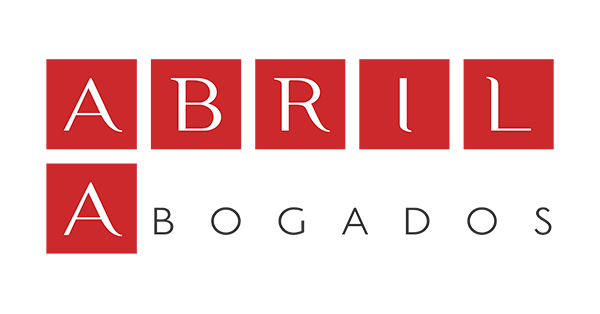Copyright does not protect ideas, principles, or methods. This is a widely accepted and well-known principle, which is even recognised in various international treaties and conventions such as the TRIP’S or the WCT. But are appearances on TV programmes subject to protection?
The answer to this question is the one that gave rise to the Madrid Provincial Court’s ruling last November, in relation to the participation of a person as an expert or juror in the well-known TV programme “Cifras y Letras” (“Numbers & Letters”, the Spanish adaptation of the French original Des chiffres et des lettres). This is a question-and-answer programme in which contestants are asked about language and literature (“letters”) and mathematics (“numbers”). After their answers, an expert acting as a jury accepts or refuses the contestant’s answer. It is therefore a TV quiz show, governed by a certain format and subject to a script which both the presenter and the rest of the contestants must prepare and follow throughout their participation in the programme.
One of these experts claims to AISGE (the Collective Management Organization that manages the intellectual property rights of actors, voiceover actors, dancers, and stage directors in Spain) for the remuneration generated by his participation in the TV Programme, as per the right to remuneration for public communication that the Spanish Copyright Act recognises to performers. This Claim was refused by AISGE who considered that the expert could not be considered as a performer.
Thus, he decided to sue AISGE, claiming that his participation on the TV program should be considered as a performance and as such, he should be remunerated with the corresponding amounts for the remuneration’s right recognized to performers for the public communication of his performance.
At first instance the Court upheld the plaintiff and considered that his intervention in the TV programme should indeed be considered a performance, and therefore, as a performer, he should receive the remuneration for the public communication of the work that the Copyright Act recognises.
This judgment was appealed by AISGE. As a result, the Madrid Provincial Court, upheld AISGE’s arguments and concludes that the plaintiff could not be considered an actor or performer. The Court considers that he had not played any fictional character and had not performed any protected artistic work. The Court held that the mere existence of a programme script does not make performers all who take part in the TV programme, because the requirements settled by the Copyright Act must be met i.e., they should represent, sing, read, recite, interpret, or perform a work in any form.
Furthermore, the Madrid Provincial Court requires not only the originality of the script to be considered as a work susceptible of performance, but also that the performance has a visible creative aspect that gives the performance a personal imprint. This requirement is not required by the Spanish Copyright Act but is contemplated by the AISGE’s internal rules of distribution. Furthermore, the Court requires, as an inherent feature of the protected performance, its externalisation.
Thus, it understands that the activity carried out by the plaintiff did not involve a visible creative performance and, in any case, was not externalised. The Judgement considers that the defendant showed himself to be an expert, acting as such in a natural way as if the dialogues were his own spontaneous expressions and not the work of a script. But isn’t that precisely the work of a good performer?
Despite this, it is remarkable that, on the one hand, that the plaintiff’s interpretative work is recognised in a remarkably similar performance in another TV programme in which he appeared characterised, as if characterisation were a differentiating element of a performance. On the other, the fact that in order to conclude that the plaintiff did not carry out a performance subject to protection, the Court apply requirements do not contemplated in our copyright regulations, such as the personal imprinting or the externalisation. These are in the internal distribution regulations of the defendant Collective Management Organization.
Since we are dealing with equitable remuneration rights that the Spanish Copyright Act recognises for performers and whose management must be carried out compulsory through Collective Management Organizations, it would be desirable that the requirements for their generation were solely and exclusively those determined by the Spanish Copyright Act, and not by the internal rules of the Collective Management Organization concerned.

